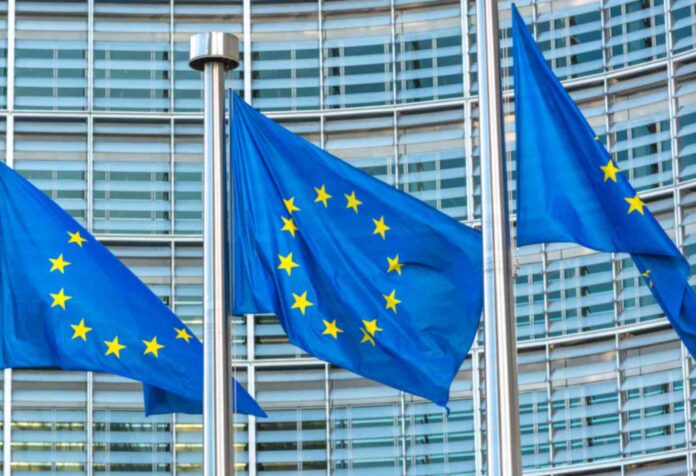Paul L.
The European Union is considering establishing a centralized “Asset Register” to track citizens’ assets across the bloc.
To this end, the EU has published a “Feasibility Study for a European Asset Registry” tender, allegedly intended to combat money laundering and tax evasion in the region.
The feasibility study will investigate ways to collect and link data from diverse sources, including land registries, company registers, trusts and foundations registers, and central depositories of securities ownership.
By integrating these sources, the EU aims to create a robust system for tracking asset ownership across its member states. Notably, the proposed register would encompass assets such as real estate, bank accounts, securities, vehicles, art, precious metals, and cryptocurrencies such as Bitcoin (BTC).
Notably, the final list of assets will be determined based on the feasibility study’s outcomes and subsequent legislative decisions. The EU noted that the register’s results will likely influence policy initiatives.
“Collection of data and interconnection of registers is a key instrument under EU law to speed up access for competent authorities to financial information and facilitate cross-border cooperation. This project shall look into various possibilities for collecting information to set up an asset registry, which may afterward feed into a future policy initiative, the EU noted.
Privacy concerns
If the plan moves forward, it could raise serious privacy concerns. However, the EU pointed out that the proposed asset register would not introduce new privacy issues. Instead, it would offer relevant authorities in all member states access to existing data.
Despite potential privacy concerns, the outcomes of the feasibility study and legislative processes will determine the specifics of the implementation.
Notably, this is not the first time the bloc has been involved in tracking citizens’ interactions with different assets. For instance, in 2021, the European Commission announced that it would require cryptocurrency exchanges to collect the details of individuals sending and receiving crypto, aligning these exchanges with the “Know Your Customer” (KYC) rules already imposed on other financial institutions.
It is worth noting that in response to the Russian invasion of Ukraine, the EU, Canada, and the United States formed a transatlantic task force to implement financial sanctions. As part of this effort, the EU proposed an interconnected asset register to serve all its member states.
